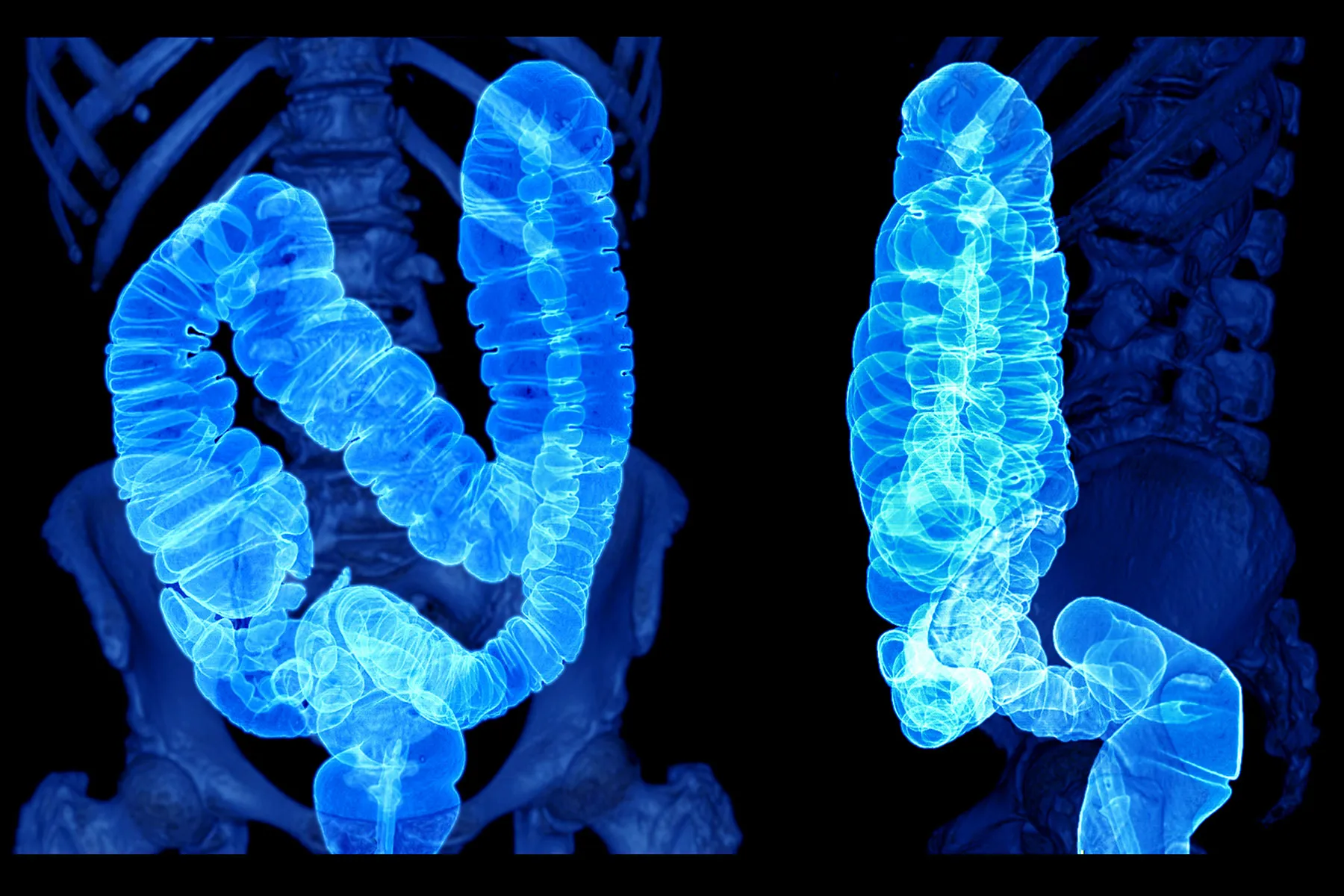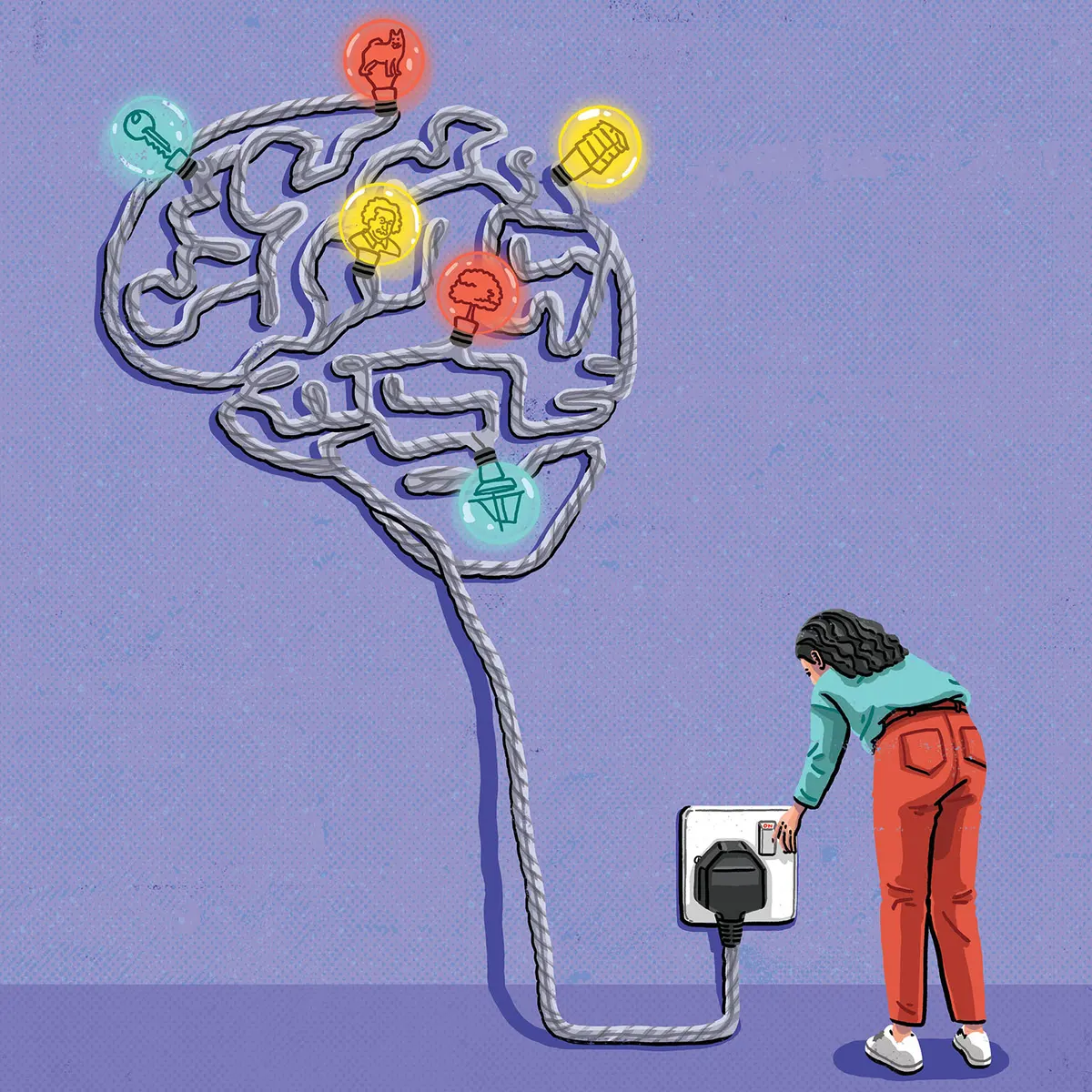
Behind the Spike in Colorectal Cancer Among Young Americans
May 15, 2024 – Despite encouraging drops in overall colorectal cancer rates in the past 2 decades, one group stands out as an exception: Americans younger than 45.
Colorectal cancer cases increased a whopping 333% among 15- to 19-year-olds and 185% among 20- to 24-year-olds from 1999 to 2020, according to new research being presented at Digestive Disease Week (DDW) 2024, a major medical conference in Washington, DC.
As high as those percentages appear, the number of people affected at these ages remains small compared to rates in Americans 45 and older, said Loren Laine, MD, professor of medicine (digestive diseases) at Yale School of Medicine, who co-moderated a news briefing previewing the research.
“The trends are alarming [but] the actual numbers of colorectal cancer cases among children and teens are not high enough to suggest widespread screening,” agreed lead investigator Islam Mohamed, MD, an internal medicine resident at the University of Missouri-Kansas City.
For example, 1 out of every 333,000 15-to-19-year-olds developed colorectal cancer in 1999. Colorectal cancer became more common by 2020, when 1 out of every 77,000 teens developed it.
At the same time, the number of cases in young adults 20 to 24 increased from less than 1 to 2 per 100,000 in 2020.
Even if the risk is relatively low in terms of absolute numbers, experts are keeping an eye on why the rates are increasing. It’s also about raising awareness. If someone younger than 45 experiences colorectal cancer symptoms like blood in their stool, stomach pain, changes in bowel habits, or others, they should seek medical attention, Laine said.
“If you have symptoms like rectal bleeding, you shouldn’t take it lightly. It’s still pretty unlikely that they’re going to have colon cancer … but obviously you should still not totally dismiss it,” Laine said.
“Colorectal cancer is no longer considered just a disease of the elderly population,” Mohamed said during the briefing. “It’s important that the public is aware of signs and symptoms of colorectal cancer.”
Mohamed and colleagues studied colorectal cancer cases using numbers from the CDC Wonder Database, a central database of public health information. They calculated increases by comparing rates in 1999 to 2020.
Colorectal cancer is a major cause of cancer-related death in the United States. It currently ranks third in terms of new cases and cancer-related deaths once some skin cancers are excluded, American Cancer Society data indicates.
Some Risk Factors Can Be Changed
The colorectal cancer rates in younger people “have been consistently rising. It might be related to the environmental factors, lifestyle factors, and genetic factors as well,” Mohamed said. “It also might mean that we are doing better. Maybe we’re screening patients more, and maybe we’re doing a greater job of picking patients who are at high risk of colorectal cancer in the younger population.”
There are ways to help lower your risk of colon cancer, including weight loss.
“I think adopting a healthy lifestyle would be a great approach to curb the rising incidence of colorectal cancer as we saw metabolic syndrome is a big [factor].” Maintain a balanced diet, engage in regular physical activity, and maybe limit alcohol consumption, Mohamed said.
“There is also a debate about antibiotic usage and dietary additives, which are potentially, but not firmly, contributors to colorectal cancer risk,” he said.
On the other hand, up to one-third of early-onset colorectal cancer cases are linked to factors that cannot be changed. A family history of colorectal cancer, presence of inflammatory bowel disease, and certain types of cancers linked to genetic mutations are examples. “When you think about it, most of those young people [with colorectal cancer] probably have genetic syndromes,” Laine said. “The big issue is, frankly, finding better ways to identify families that have genetic syndromes. That’s probably the biggest message.”
Risk Varied by Age
In addition to the increases in the 15- to 19-year-old and 20- to 24-year-old groups, the rates in 2020 compared to 1999 showed a:
- 68% increase for ages 25 to 29
- 71% increase for ages 30 to 34
- 58% increase for ages 35 to 39
- 45% increase for ages 40 to 44
“These findings all emphasize the urgent needs for public awareness and personalized screening approaches,” Mohamed said, “particularly among younger populations who had the most substantial increase in colorectal cancer incidence we observed.”
The U.S. Preventive Services Task Force lowered the recommended age for colorectal cancer screening from 50 to 45 in 2021. Mohammed suggested more targeted screening for people under 45 at higher risk.
“I think also staying informed about the rising incidence and the latest research and recommendations in terms of colorectal cancer prevention and screening will be really, really helpful.”


